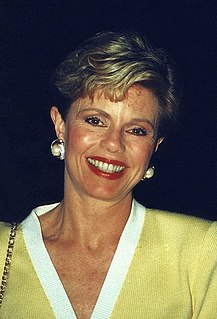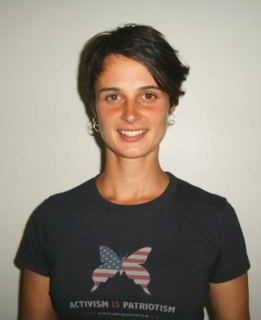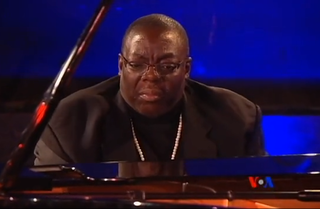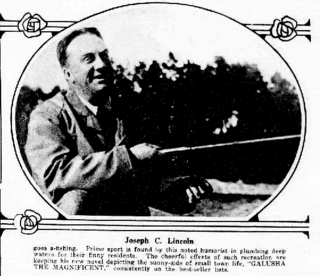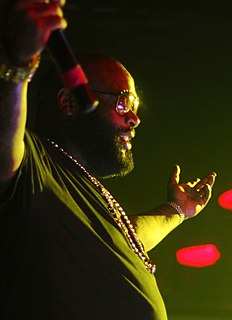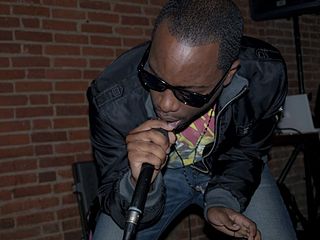A Quote by Anne Waldman
My father shared the ethos of many of the beat writers and was a friend of Allen Ginsberg. Probably for 25 years of my father's life, He had been an itinerant piano player and so traveled the road with bands and that sort of thing.
Related Quotes
When I was a little kid wanting to play music, it was because of people like Pete Johnson, Huey Smith, Allen Toussaint, Professor Longhair, James Booker, Art Neville ... there was so many piano players I loved in New Orleans. Then there was guys from out of town that would come cut there a lot. There was so many great bebop piano players, so many great jazz piano players, so many great Latin piano players, so many great blues piano players. Some of those Afro-Cuban bands had some killer piano players. There was so many different things going on musically, and it was all of interest to me.
My mom tells this story that even when I was in the womb, my father played the piano and she sang. So, before I officially got here, I was already surrounded by music. I also like the way my father explains it. When I was about 3-years old, in order to keep me quiet, my father would put me in the bassinet and either put on some music or play the piano. When he started playing, I got quiet and eventually went to sleep. He said by the time I turned 3, I just climbed up on the piano and started playing it with the attitude of I'm gonna play dis here piano.
My dad is more credible than almost anybody I know. Growing up, I think I took for granted having a father in my life. I know I shouldn't have been like that. A lot of my friends didn't have a father, so for so many people he was the father figure. I look at the way he's lived his life, sacrificing so much.
Regarding R. H. Blyth: Blyth's four volume Haiku became especially popular at this time [1950's] because his translations were based on the assumption that the haiku was the poetic expression of Zen. Not surprisingly, his books attracted the attention of the Beat school, most notably writers such as Allen Ginsberg, Gary Snyder and Jack Kerouac, all of whom had a prior interest in Zen.
My earliest influences would definitely be my father, just seeing him play in different bands and going to his shows and going to the rehearsals. You know what I'm saying, it was the typical story of a son looking up to his dad. So the years that my father was around, my father was my biggest influence.



